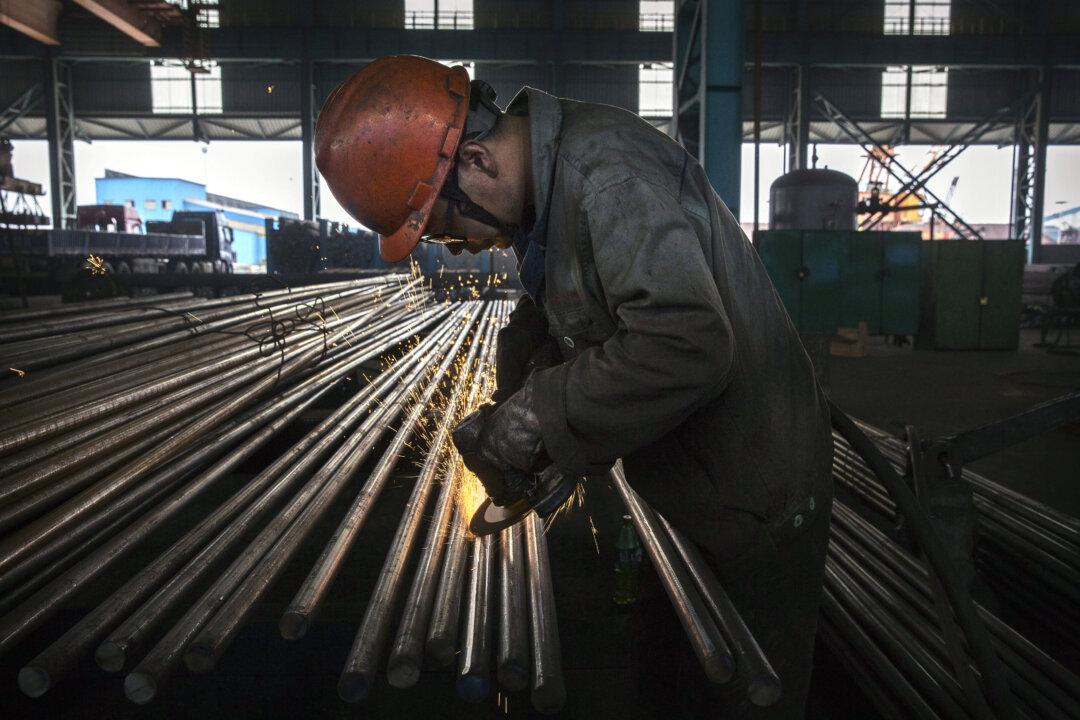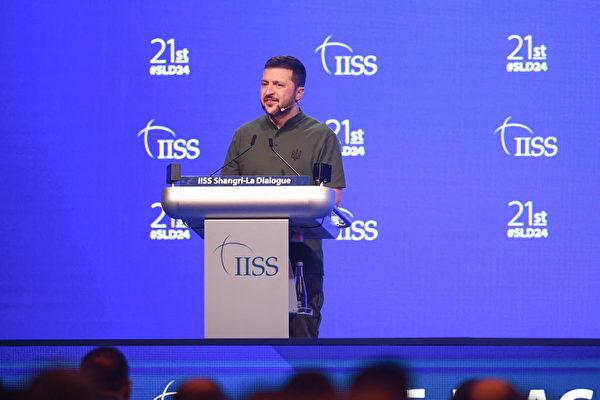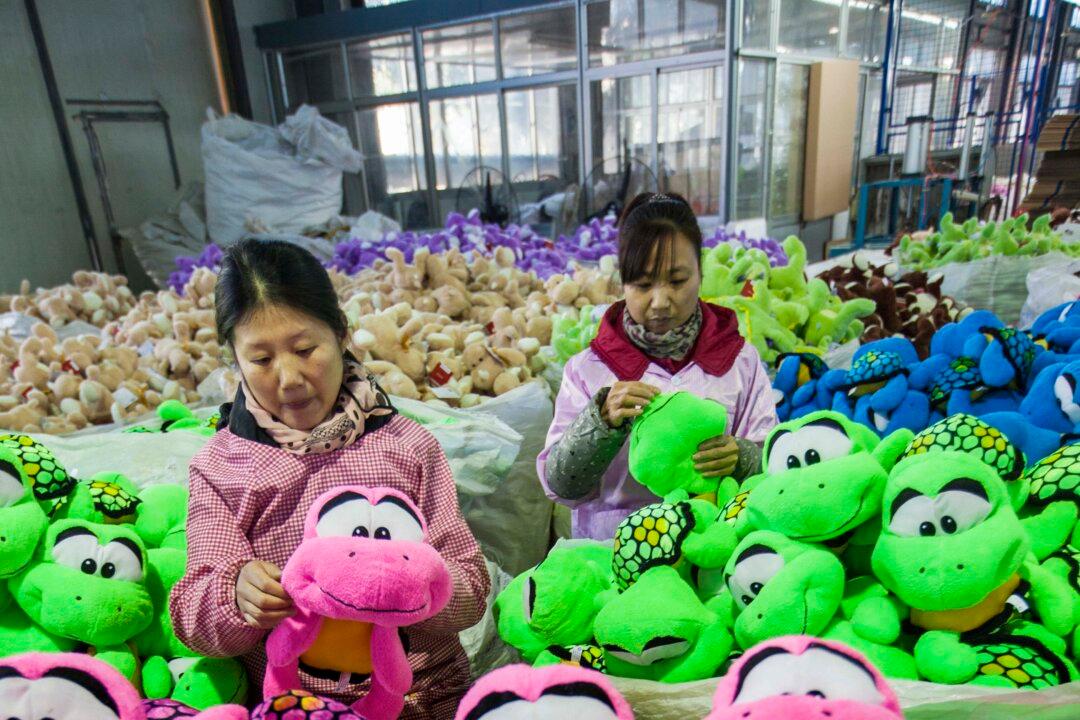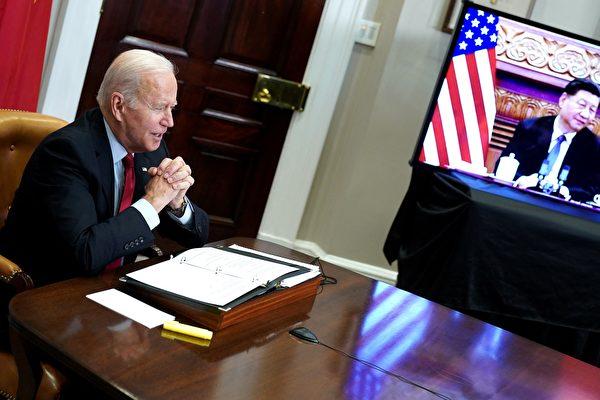A businessman in an industrial city in eastern China jumped to his death last week after being interrogated by the local disciplinary committee. His death has highlighted the predatory nature of the Chinese Communist Party (CCP) and its disciplinary bodies, and underscored the predicament currently faced by private businesses in China.
Changzhou Huali Hydraulic Lubrication Equipment Co., Ltd. (Huali) released a WeChat post on Nov. 11, stating that under duress, its chairman, Cheng Yong, had confessed to playing a part in a bribery scheme involving a local official.




